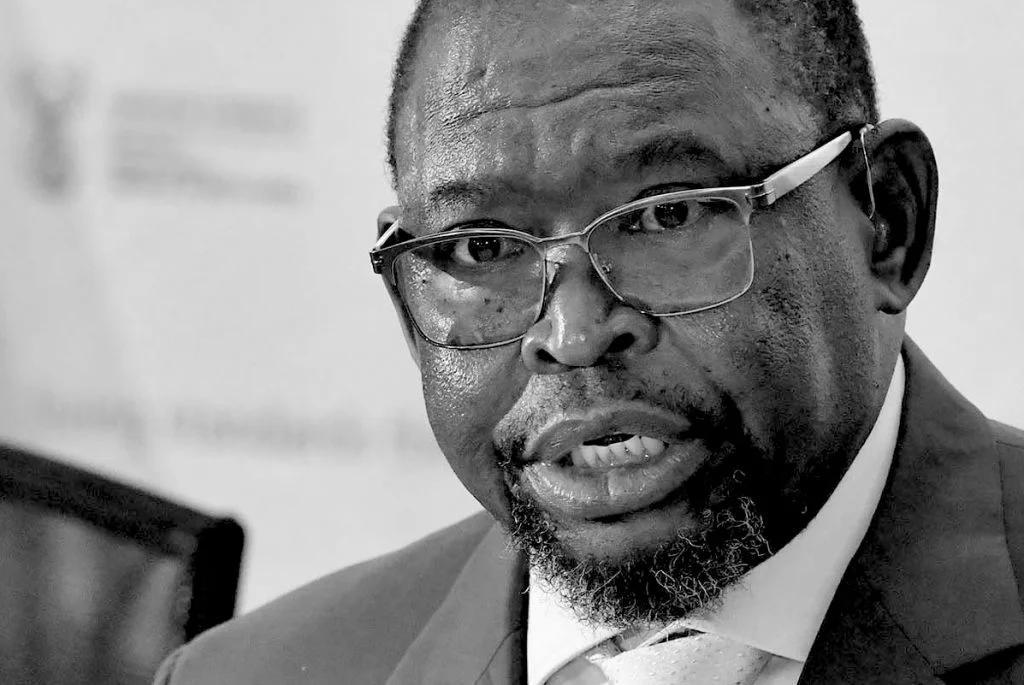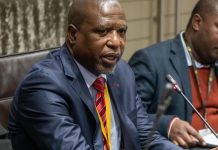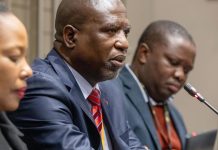Africa-Press – South-Africa. South Africa is intensifying its work to address shortcomings in tackling illicit financial flows so that it can exit a global dirty money list, a top official at the nation’s financial regulator said.
Finance Minister Enoch Godongwana has ramped up efforts to coordinate the government response to problem areas identified by the Financial Action Task Force to ensure the nation’s removal from its so-called grey list by a June deadline, said Farzana Badat, deputy commissioner of the Financial Sector Conduct Authority.
“There has to be a demonstration of political will — that is something that FATF looks at very seriously,” Badat said. While South Africa is “not lacking on that, it might not always be visible.”
“I think we’ve gotten that and in fact, the finance minister has over the past few months actually increased the impetus in getting more ministers together to demonstrate the will,” she said.
South Africa has until February to address 22 key factors FATF identified to get off the list. It has only completed eight of the action items, and the nation has two reporting cycles — due in September and January — to address outstanding issues.
FATF added South Africa to its list in February last year, denting the country’s reputation as investors grew wary of an economic outlook already dimmed by sluggish growth, crime and corruption.
The move followed an era of endemic government corruption — known as state capture — that started under former President Jacob Zuma and gripped the country for years.
The nation will likely struggle to exit the dirty-money list because “we haven’t sent anyone to jail” for state capture, Busisiwe Mavuso, chief executive officer of private-sector lobby Business Leadership South Africa, said at the same event.
“FATF is questioning that — you’ve had money stolen for more than 15 years and you haven’t put a single person in jail,” she said. “Clearly that just shows how weak our system is and how we don’t have controls in place to detect, identify and prosecute those that have been involved.”
While the financial system hasn’t felt an immediate impact, a protracted stay on the list could raise costs for the country as it dents its reputation as an open and free economy, Bongiwe Kunene, managing director of the Banking Association South Africa, said at the same event.
“If we do not exit the grey list, then there is that heightened vulnerability,” she said.
South Africa aims to complete nine of the action items by September, with the rest due in January. It needs to get all of them done by February in order to exit the list by June.
The country is on track to address all the outstanding action items, but it will be challenging to do so by the February deadline, the National Treasury said in a statement in July.
“If we continue on the trajectory that we are on right now and based on the reporting, the probability is very good that we will get off, but anything can happen,” Badat said.
“What’s important is to have a contingency if we don’t get off.”
For More News And Analysis About South-Africa Follow Africa-Press






